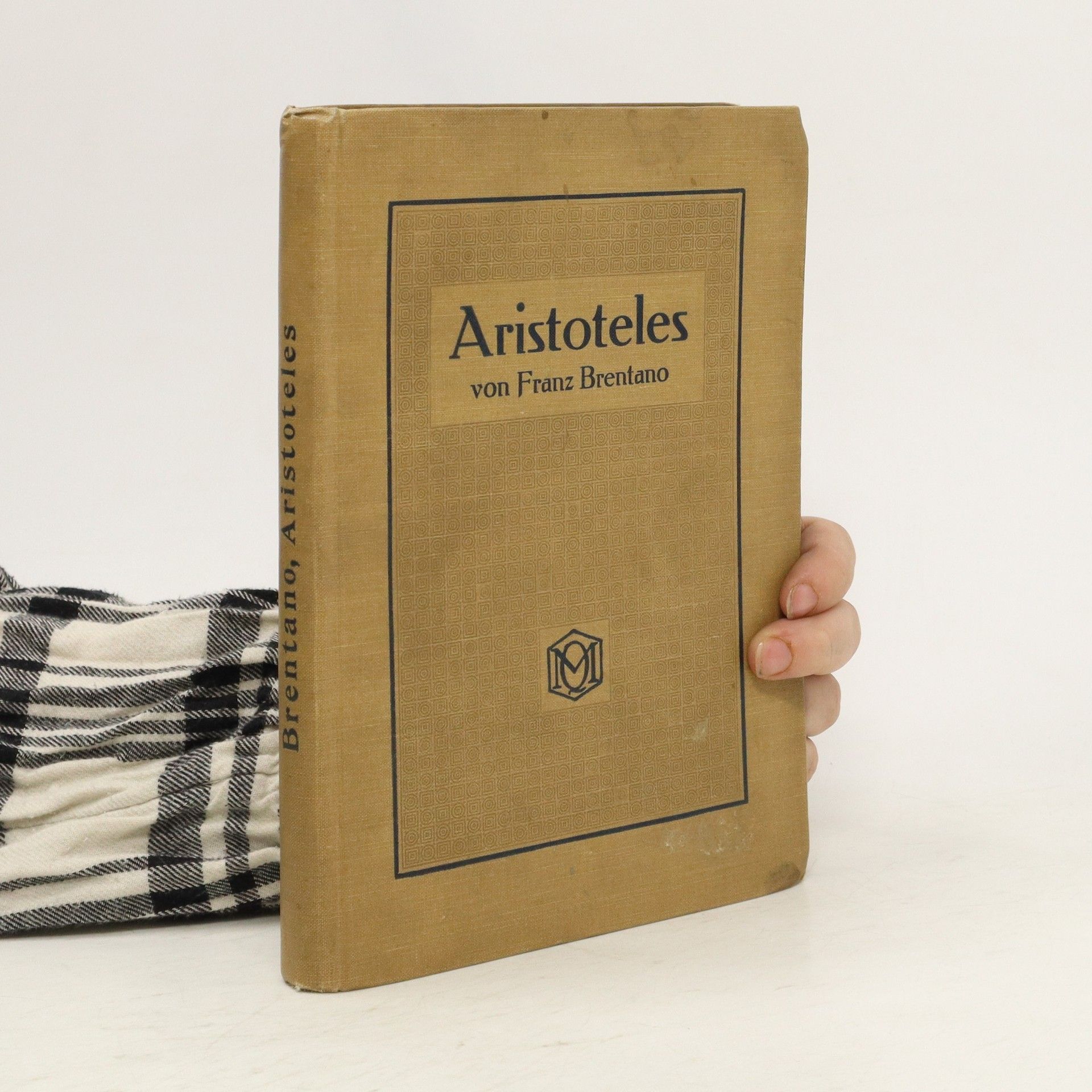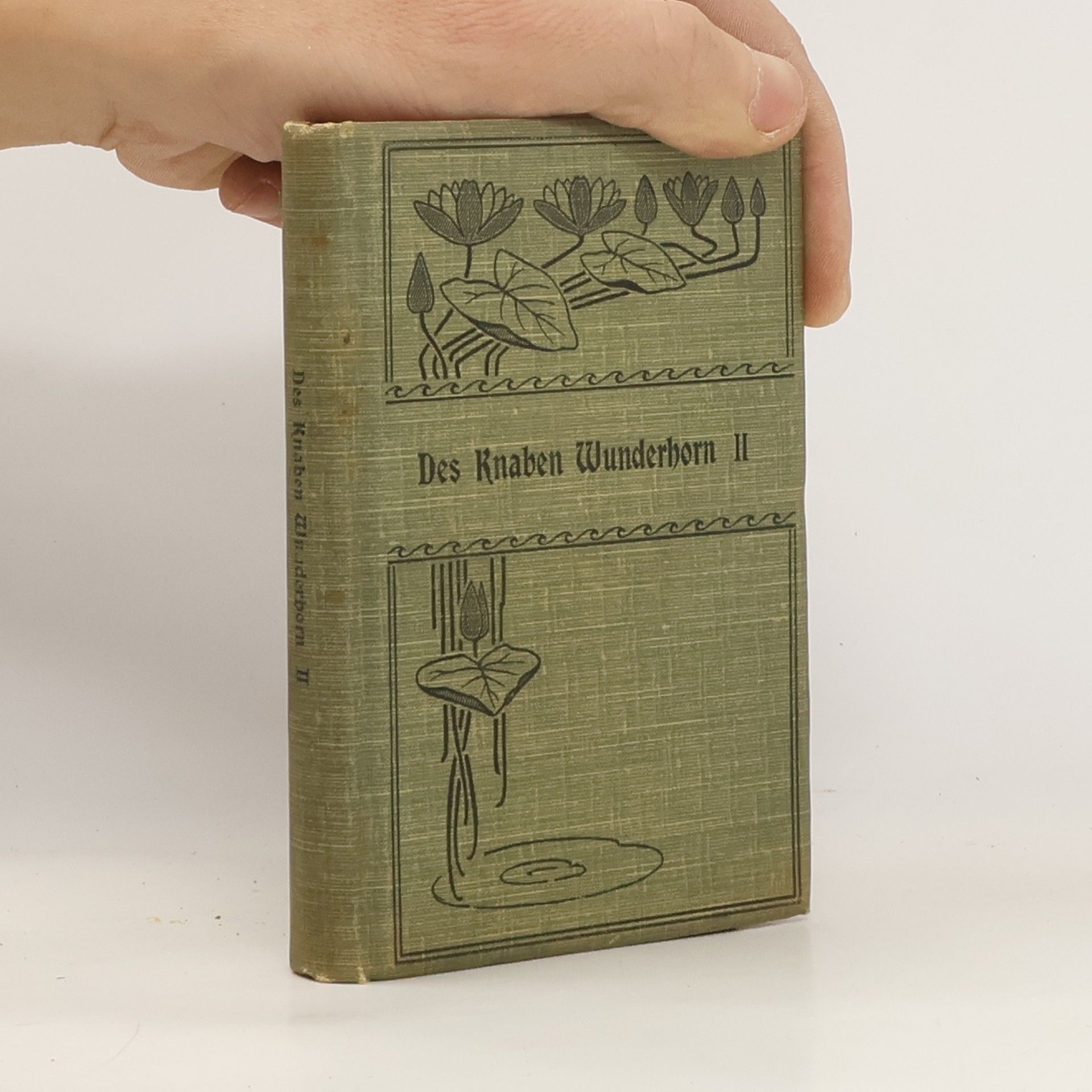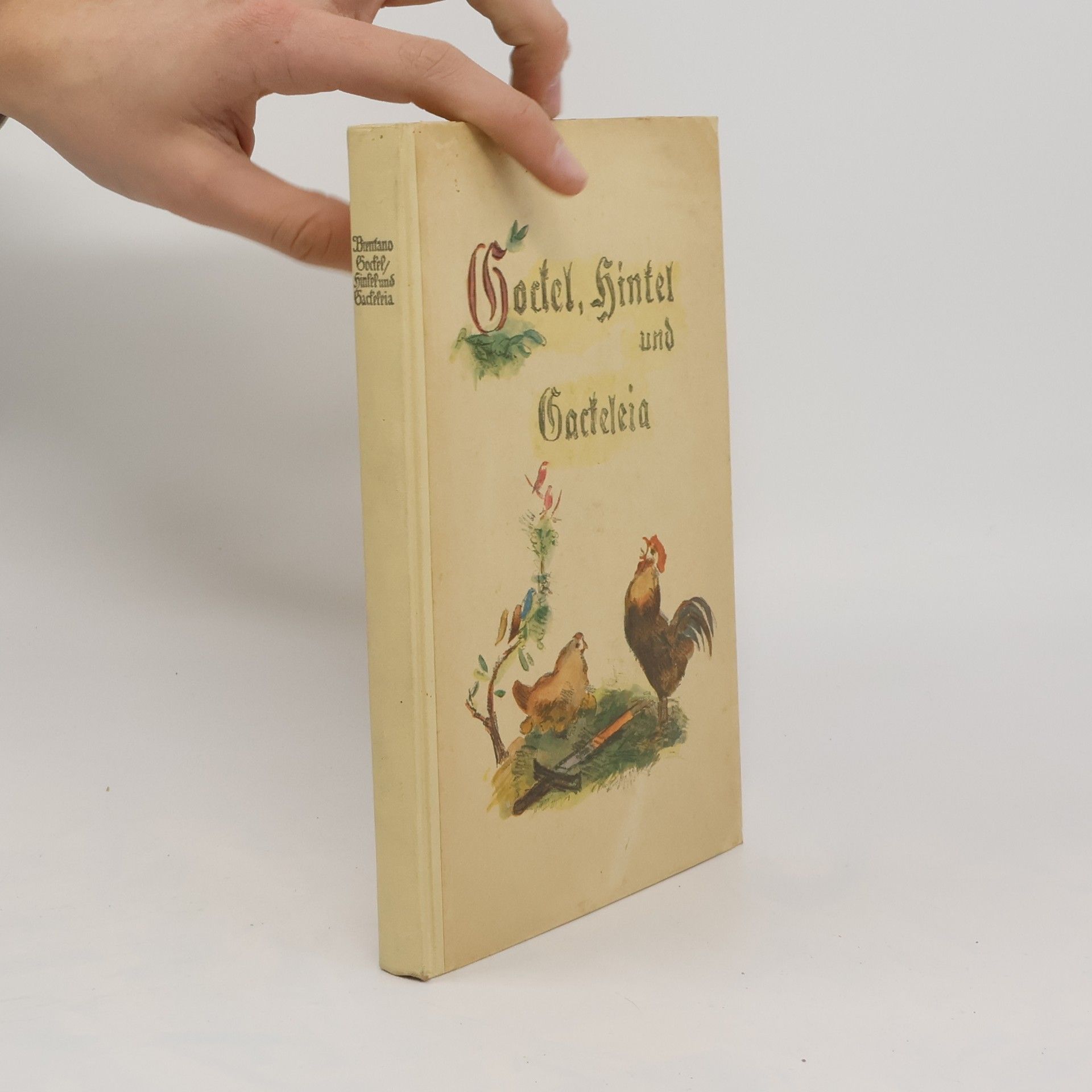The Origin of Our Knowledge of Right and Wrong (Routledge Revivals)
- 172pages
- 7 heures de lecture
The book, first published in 1969, explores significant themes relevant to its time, offering insights that remain pertinent today. It is part of the Routledge imprint, known for its scholarly contributions across various fields. The content reflects a deep engagement with its subject matter, providing a thorough analysis that appeals to both academic and general audiences. The enduring relevance of its themes makes it a valuable resource for understanding historical and contemporary issues.

![O původu mravního poznání ; Zlo jako předmět básnického zobrazení : [přednáška ... ve vídeňské Společnosti přátel literatury]](https://rezised-images.knhbt.cz/1920x1920/70863791.jpg)





